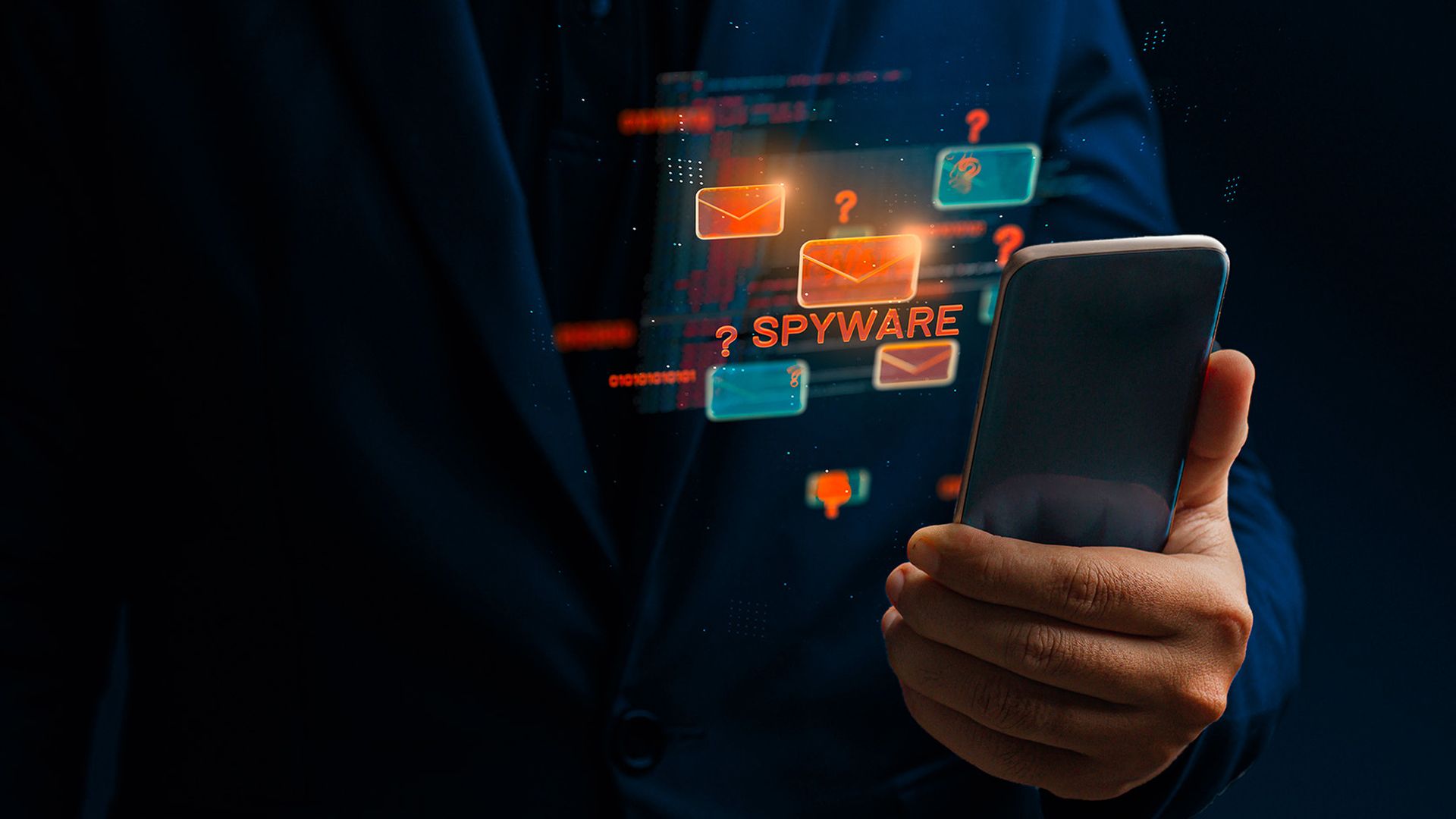RSA, an identity and access management specialist, has unveiled a cyber defense tool focused on mobile users.
The tool, RSA Mobile Lock, detects critical threats on mobile devices and can restrict users from authenticating into secured corporate systems. This functionality prevents a threat from expanding beyond one compromised device to other users, data and systems, RSA explained in a prepared statement.
Responding to Customer Requests
Jim Taylor, RSA’s chief product officer, RSA, explained the relevance of RSA Mobile Lock, MSPs and MSSPs included:
“A lot of cybersecurity vendors talk about listening to their customers, but RSA Mobile Lock results directly from a customer request. They called us with a need that we could fulfill: helping to protect their users from themselves. Remote work has fundamentally changed organizations’ security postures, creating more endpoints farther away from security teams’ oversight and leaving secured networks more vulnerable to jailbroken devices, malicious code, and other threats.
“Mobile Lock addresses these growing vulnerabilities by monitoring for critical threats, establishing device trust, and only locking out the authentication app when an issue is detected. We’re thrilled to provide the solution that one of our security-first customers requested and to make it available to more leaders in healthcare, financial services, government agencies, and other sectors that require market-leading security. “
More About Mobile Lock
Mobile Lock isn’t a new app to configure or a device to manage. Rather, it is embedded in the RSA authenticator mobile application already deployed on millions of devices, the company said. Whenever it detects critical threats, Mobile Lock can prevent users from authenticating into a secured environment until the threat is resolved. Simultaneously, it alerts IT admins about the issue.
Mobile Lock was developed in partnership with Zimperium, a company focused on mobile device and app security. The technology only secures the authentication app. It does not restrict access to any other resources. Moreover, Mobile Lock helps establish device trust by constantly scanning for critical threats.
Mobile security isn’t a technology problem: it’s a people problem, RSA asserts. RSA noted a recent study that found 82% of breaches involved human elements. In addition, high-profile breaches have leveraged the perfect storm of remote work, inattentive users, and bring your own device (BYOD) policies.
RSA CEO Rohit Ghai explained the timing of the Mobile Lock release:
“The acceleration of BYOD and remote work has introduced a widespread threat to security-first organizations: their users’ mobile devices. Given the heightened sensitivity of information on or accessible via remote devices — including critical data, enterprise systems, and customer records — our customers asked us for enhanced mobile protection that wouldn’t burden users. Mobile Lock addresses that urgent need, moving users’ personal devices and their organization’s overall security postures closer to zero trust.”
RSA doesn’t have a dedicated MSP/MSSP channel program, but they do incorporate MSSPs as part of their standard partner program.




